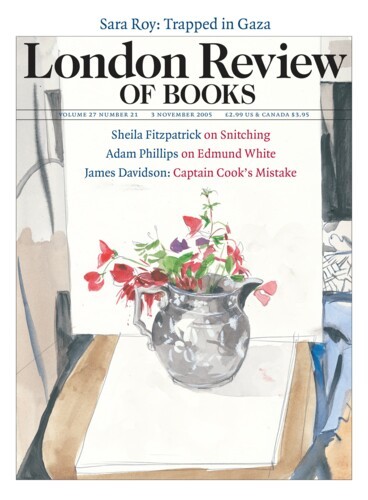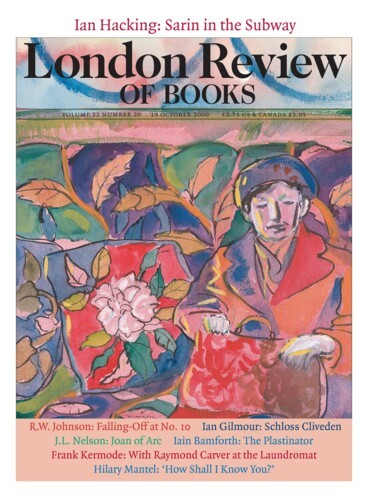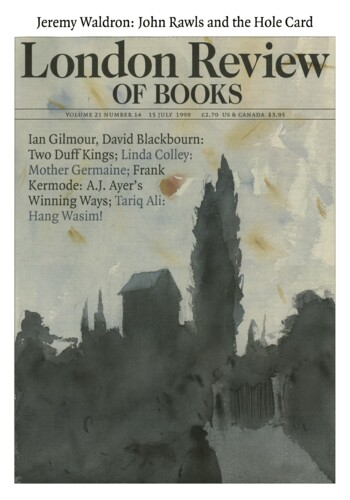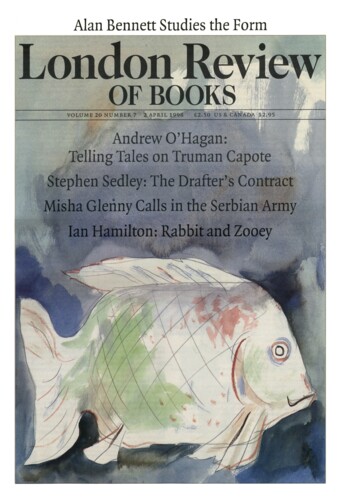Diary: War in the North Caucasus
Thomas de Waal, 3 November 2005
The Russian government has been saying for three years that the war in Chechnya is over. They are half-right. Most of the checkpoints are gone. Where Grozny’s presidential palace once stood there is now a grandiose fountain. A huge statue of Akhmad Kadyrov, the president the Russians imposed on Chechnya who was assassinated in May 2004, stands in the main square. There are traffic jams...




